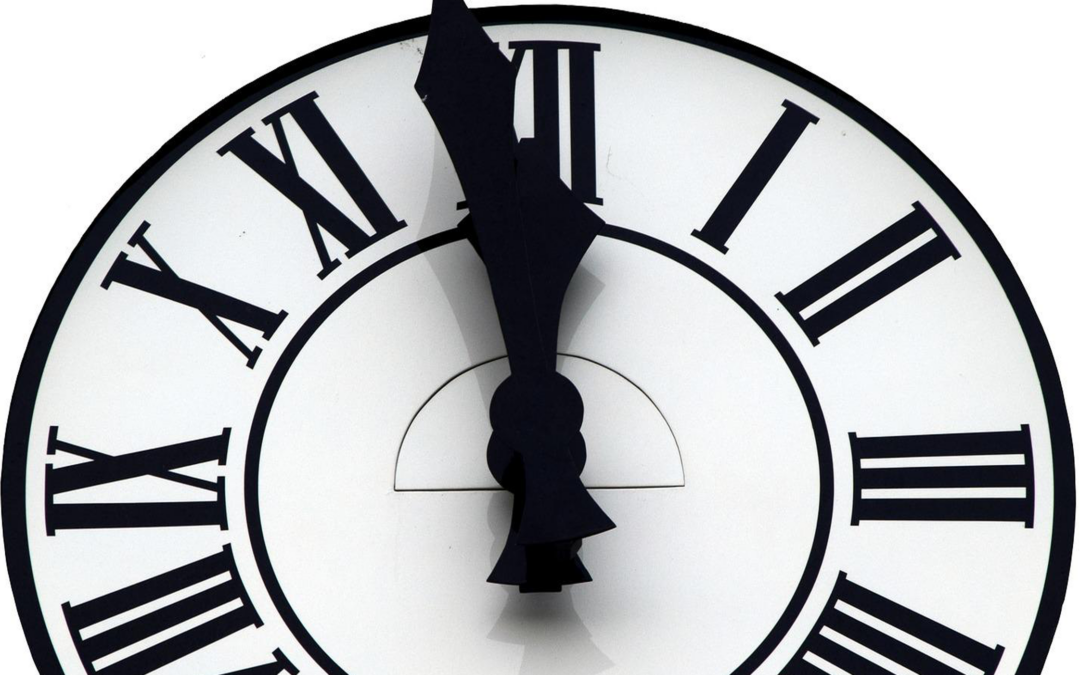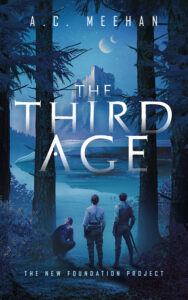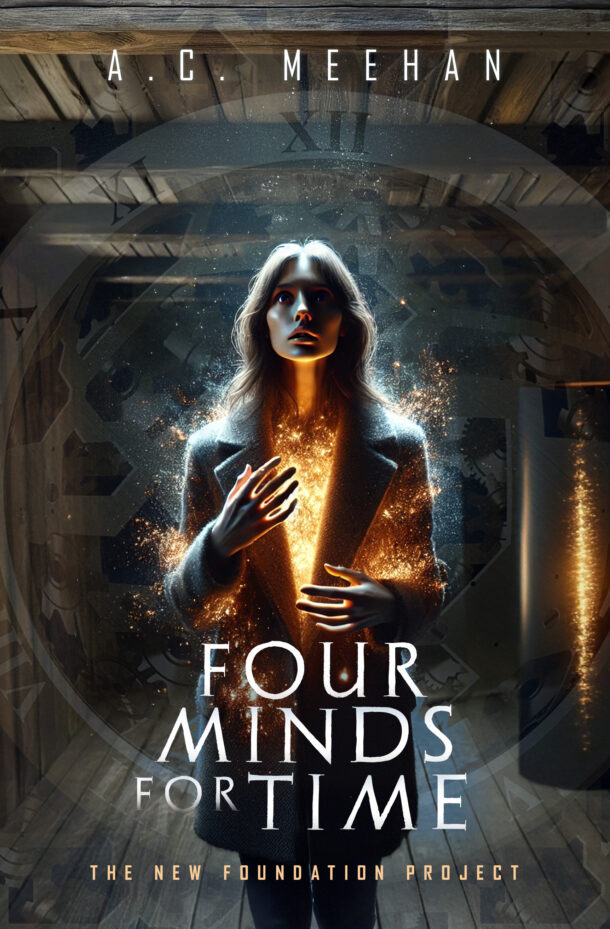Is midnight the end or the start of the day? It depends…
Recently it occurred to me that beginnings and endings may be more about perspective and perception than about events. How we define them depends on context, and often their significance depends on specific circumstances. It’s true in both fiction and real life.
I suppose, like midnight, every instant is both ending and beginning. Call it the incessant change of mortal time. (Now I sound like I’m about to write a Keats poem, so I won’t chase that butterfly.) We just don’t notice it when it has no effect on what we’re experiencing. In practical terms, it means we define endings and beginnings based on the change in a condition that matters for some reason. And we label it depending on which aspect has our attention.
Writing as I do, a mix of planning and discovery, sometimes makes finding the beginning a retroactive activity. Because my connection with the characters deepens as I get to know them, my understanding of their perspective takes shape as the story develops. I revise the beginning of the draft when I have a clearer idea of what matters to the story through the characters’ eyes. It’s like I have to see how their day is shaping up in order to know when “today” started for them.
My work-in-progress, Safe Conduct, is a good example of how the characters’ personal context drives the decision of where to start the story. This book is set at the end of the ship’s eighty-two year journey, so in some ways, launch day was the moment that set up the inevitable end. But launch isn’t the significant change for these characters, so it’s not the moment that starts this story. To them, launch was “yesterday” fair and square, and is just part of the context that developed before today.
A few readers have asked why I ended Signal where I did, because it’s obvious that the story continues. From the characters’ perspective, though, the moment of the last scene feels like a natural break. They know that what happens next will change everything for them. Even though their personal stories—their lives—will continue, there’s an unmistakable change of condition that alters their perception of their world. It’s midnight, and they know tomorrow’s a big day.
Real life seems to work this way, too. As I’m starting a new chapter in my life, I’m making some changes and my familiar context is being replaced with something new. This transition is metaphorical midnight, simultaneously the end of yesterday and the start of tomorrow. Right now, I’m suspended between them, not sure exactly where one story ends and the next begins. As soon as the clock starts again, today’s story will start to take shape. It just might take a little while for me to recognize that I’ve made it past midnight.




